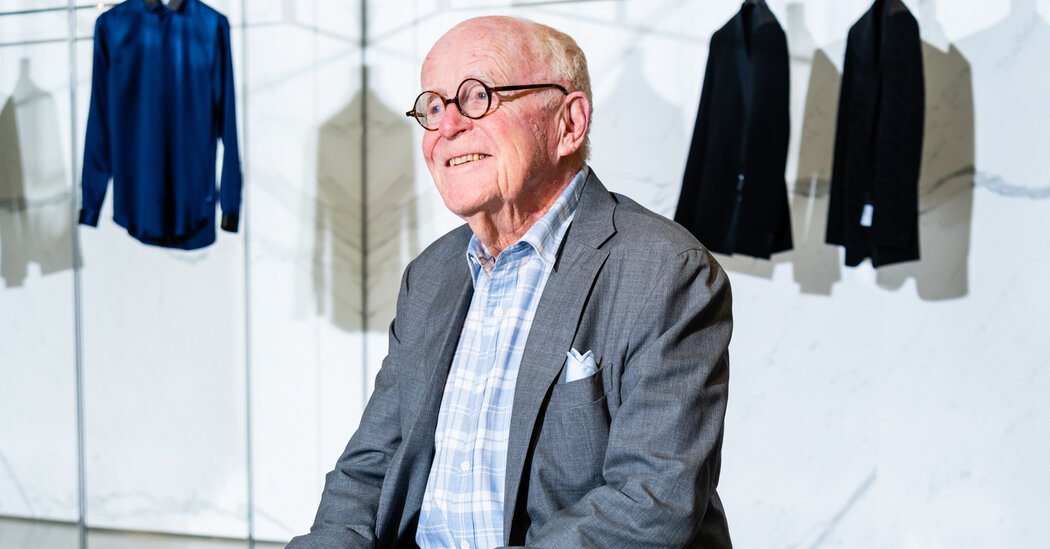
“Nice” tends to be dirty word in business. The cliché holding that nice guys finish last has seldom seemed more true than in the landscape of contemporary retailing, where business is dominated by corporate consolidation, monopolistic practices and shareholder returns as the ultimate value.
Yet nice, as it turns out, may not be altogether pejorative — at least judging by the career of Bruce Nordstrom, who died May 18 at age 90. It may even be a key to success.
For decades, Mr. Nordstrom helped lead the Nordstrom retail empire, which was founded in Seattle in 1901 by his grandfather, an immigrant from Sweden. The fashion retail colossus began as a shoe store, and ultimately expanded to include 150 locations worldwide.
Publicly traded since the 1970s and still family-run, the Nordstrom chain was predicated on an ethos of decency and niceness, Robert Spector wrote in “The Nordstrom Way,” his 1996 book about the company’s vaunted reputation for customer service.
“I came at the reputation with skepticism,” Mr. Spector said by telephone from his home outside Seattle. “I wish it were more complicated, but they are who they say they are, decent and humble and focused on the customer first.”
The Nordstrom culture of customer care is not only real, it originated from a family tradition of bottom-up managerial training. Bruce Nordstrom may have run a multibillion-dollar company, but he never forgot his beginnings sweeping floors and breaking down boxes for 25 cents an hour. “It may be the biggest competitive advantage they have,” Mr. Spector said of Nordstrom’s unusual company structure.






